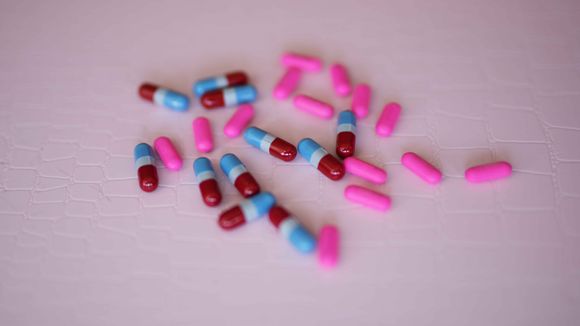Symptoms associated with low creatinine levels
Some common symptoms of low creatinine levels include:
- Fatigue
- Muscle weakness
- Unintentional weight loss
- Difficulty concentrating
Causes of Low Creatinine Levels and Relevant Healthcare Professionals
- Hepatitis, cirrhosis, or liver failure can lead to low creatinine levels
- Consult a hepatologist or gastroenterologist for diagnosis and treatment
Malnutrition:
- Poor diet and lack of essential nutrients can result in low creatinine levels
- Consult a nutritionist or dietitian for dietary recommendations
Muscular Dystrophy:
- A group of genetic diseases causing progressive muscle weakness and loss of muscle mass
- Consult a neurologist for diagnosis and treatment
Aging:
- Natural loss of muscle mass and strength due to aging can lead to low creatinine levels
- Consult a geriatrician or primary care physician for age-related health concerns
Pregnancy:
- Increased blood volume during pregnancy can dilute creatinine levels
- Consult an obstetrician or gynecologist for prenatal care

Photo by Thought Catalog on Unsplash
Side effects of drugs that can cause low creatinine levels
- Statins: cholesterol-lowering drugs
- Angiotensin-converting enzyme (ACE) inhibitors: blood pressure medications
- Nonsteroidal anti-inflammatory drugs (NSAIDs): pain relievers such as ibuprofen
Herbal and natural remedies for low creatinine levels:
Echinacea (Echinacea purpurea):
- Supports immune system function
- May help improve liver function
Milk Thistle (Silybum marianum):
- Contains silymarin, a powerful antioxidant
- Promotes liver health and regeneration
Astragalus (Astragalus membranaceus):
- May increase energy levels and improve muscle strength
- Supports immune system function
Ashwagandha (Withania somnifera):
- Adaptogenic herb that helps the body adapt to stress
- May promote muscle growth and strength

Photo by Magalie De Preux on Unsplash
Lifestyle Changes to Improve Creatinine Levels
- Consume a balanced diet with adequate protein intake
- Engage in regular exercise to maintain muscle mass
- Stay hydrated to ensure proper kidney function
- Avoid excessive alcohol consumption
- Get adequate sleep and manage stress levels
Questions and Answers
Below are ten frequently asked questions that are not covered in the article:
Q: Can dehydration cause low creatinine levels?
A: Dehydration can cause an increase in creatinine levels, not a decrease.
Q: Is creatinine level related to kidney function?
A: Yes, creatinine levels are used to evaluate kidney function, but low creatinine levels typically do not indicate kidney problems.
Q: Can high protein intake cause low creatinine levels?
A: High protein intake may result in increased creatinine levels. Low creatinine levels are more likely due to low protein intake or other factors mentioned in the article.
Q: Are low creatinine levels in urine the same as low creatinine levels in blood?
A: No, low creatinine levels in urine might indicate a kidney problem, while low creatinine levels in blood are more likely related to muscle mass or liver function.
Q: How often should I check my creatinine levels?
A: Consult your healthcare provider for personalized recommendations. Regular check-ups are advisable, especially if you have any risk factors or are experiencing symptoms.
Q: Can stress cause low creatinine levels?
A: While stress itself is unlikely to directly cause low creatinine levels, it may contribute to factors that lead to low creatinine levels, such as muscle loss or malnutrition.
Q: Are low creatinine levels dangerous?
A: Low creatinine levels are not inherently dangerous, but they may be indicative of underlying health issues that need to be addressed.
Q: Can low creatinine levels cause fatigue?
A: Fatigue can be a symptom of low creatinine levels, as it may be related to the underlying causes, such as liver disease or malnutrition.
Q: Can I improve my creatinine levels with supplements?
A: Consult your healthcare provider before starting any new supplements. While some supplements may help address underlying causes of low creatinine levels, it is essential to identify the specific cause to ensure appropriate treatment.
Q: Are there any foods I should avoid if I have low creatinine levels?
A: There are no specific foods that you need to avoid. However, it is essential to consume a balanced diet with adequate protein and nutrients to support overall health and potentially improve creatinine levels.







